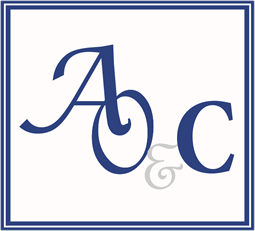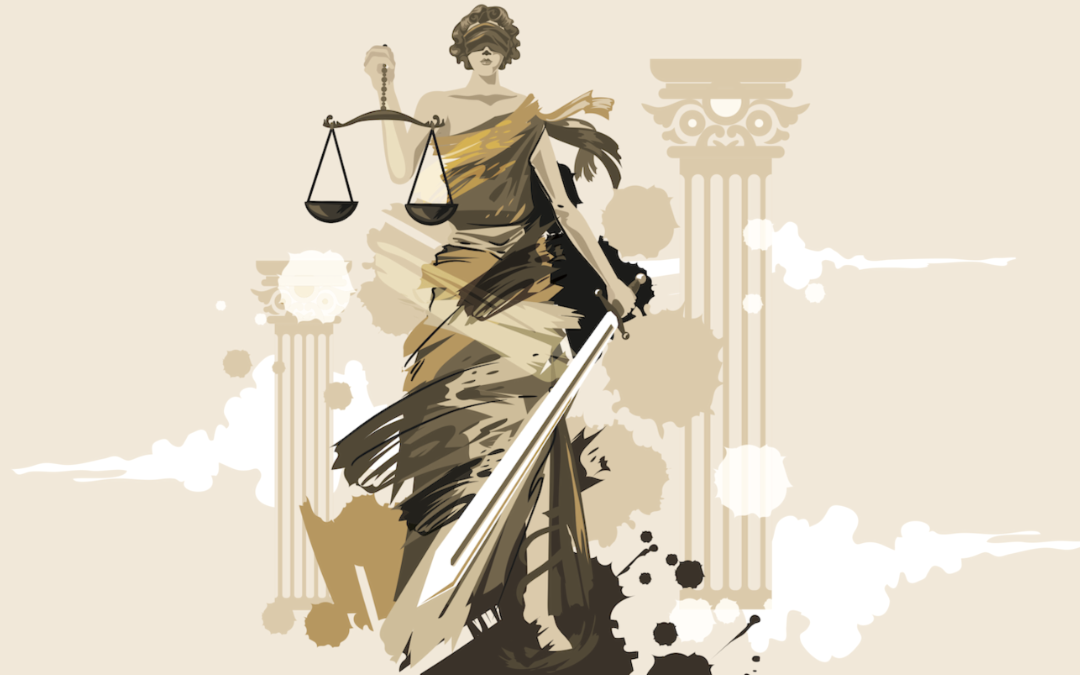INTRODUCTION
In Nigeria, there are several laws and regulations that govern art transactions and art laws, such as the Sale of Goods Act, the Copyright Act, the National Gallery of Art Act, the Value Added Tax Act, the Customs and Excise Management Act, etc.
- CONSTITUTION OF THE FEDERAL REPUBLIC OF NIGERIA 1999 (as amended)
Section 21 of the constitution provides that the state shall protect, preserve and promote the Nigerian cultures, which enhance human dignity. It also provides that the state shall encourage development of technological and scientific studies which enhance cultural values.[1]
Section 44(1) of the constitution guarantees the right to own and acquire movable property in Nigeria. Thus a person has a right to purchase and own an art work in Nigeria.
- SALE OF GOODS ACT, 1893
Although artists create artworks to express their thoughts and emotions, selling these pieces is also a common practice. When an artist sells an artwork, a contract of sale sets out the terms and conditions of the transaction. This process involves various legal considerations governed by both general sales law and specialized art law. The Sales of Goods Act, 1893, is a key legislation regulating contracts of buying and selling in Nigeria. While it allows parties to set their own terms of agreement, it also provides certain implied terms to ensure fair and standard practices in sales contracts.
When artworks are bought and sold, the principles of the Sales of Goods Act often apply, but with specific considerations unique to art:
- Implied Terms and Quality: Determining whether an artwork meets implied terms can be complex due to issues of authenticity, condition, and provenance[2].
- Transfer of Property: Ownership and title transfer are critical, especially in ensuring there are no disputes over stolen art or unclear provenance[3].
- Warranties and Representations: Sellers often provide warranties about the authenticity and provenance of art, which can lead to significant legal issues if breached[4].
- Remedies: Buyers of art may seek rescission (cancellation) of the sale, damages, or other remedies if the artwork is found to be a forgery or misrepresented[5].
- COPYRIGHT ACT, 2022
The copyright Act is the major legislation that protects the rights of original creators and authors in Nigeria.
Section 1 of the act expressly states out the objectives of the Act to include;
- protect the rights of authors to ensure just rewards and recognition for their intellectual efforts ;
- provide appropriate limitations and exceptions to guarantee access to creative works ;
- facilitate Nigeria’s compliance with obligations arising from relevant international copyright treaties and conventions ; and
- enhance the capacity of the Nigerian Copyright Commission for effective regulation, administration, and enforcement of the provisions of this Act.
Section 2 of the Copyrights Act lists the categories of works eligible for Copyright in Nigeria. They include;
- literary works ;
- musical works ;
- artistic works ;
- audiovisual works ;
- sound recordings ; and
Section 10 of the Copyrights act provides that Subject to the exceptions specified in Part II of the Act, copyright in an artistic work shall be the exclusive right to do and authorise the doing of any of the following acts —
- reproduce the work ;
- publish the work ;
- include the work in an audiovisual work ;
- broadcast the work ;
- communicate the work to the public ;
- make the work available to the public by wire or wireless means in such a way that members of the public are able to access the work from a place and at a time individually chosen by them
- make any adaptation of the work and
- do in relation to an adaptation of the work any of the acts specified in relation to the work under subsection (1)(a), (b) and (c).
Section 14(1) (a) & (b) of the Copyright Act provides for the moral right of an artist. The author of a work in which copyright subsists has the right to claim authorship of his work, in particular that his authorship be indicated in connection with any of the acts referred to in sections 9, 10 and11of the Act, except when the work is incidentally or accidentally included in a broadcast when reporting current events. The author of a work also has the right to object and to seek relief in connection with any distortion, mutilation or other modification of, and any other derogatory action in relation to his work.
Section 17 of the act provides that, notwithstanding any assignment or sale of the original work, an author of an artistic work shall have an inalienable right to a share in the proceeds of any sale of that work by public auction or through a dealer, subsequent to the first transfer by the author. The right conferred by this section shall apply only to originals of such work. The condition for the exercise of the right conferred by this section shall be determined by regulations made by the Commission.
The duration for copyright in artistic works is provided in Section 19 of the act. Copyright in artistic works shall subsist until 70 years after the end of the year in which the author dies[6]. In the case of an anonymous artist, copyright shall subsist until 70 years after the year in which the work was first made available to the public with the consent of the author or 70 years after the work was created, if not made available to the public within that time, provided that when the author becomes known, known, the duration of copyright shall be in accordance with the provisions of subsection (1)[7].
Except as otherwise provided in an agreement, copyright conferred by this Act, shall initially vest in the author[8]. For the purpose of Chapter 4 of the Constitution of the Federal Republic of Nigeria 1999, copyright shall be deemed to be movable property and shall be transferable by way of assignment, testamentary disposition or operation of law[9].
Copyright is infringed by any person who without the authorisation of the owner of the copyright;
- does or causes any person to do an act, which constitutes a violation of the exclusive rights conferred under this Act ;
- imports or causes to be imported into Nigeria any copy of a work which if it had been made in Nigeria would be an infringing copy under this Act ;
- sells, offers for sale or hire any work in respect of which copyright is infringed under paragraph (a) ;
- makes or has in his possession, plates, master tapes, machines, equipment or contrivances used for the sole purpose of making infringing copies of the work ;
- permits a place of public entertainment or of business to be used for a public performance of the work, where the performance constitutes an infringement of copyright in the work, unless the person permitting the place to be used was not aware and had no reasonable ground to suspect that the performance constitutes an infringement of the copyright ;
- permits within its premises, the reproduction of a copyright work ; or
- performs or causes to be performed for the purposes of trade or business or the promotion of a trade or business, any work in which copyright subsists[10].
- THE VALUE ADDED TAX ACT
Value Added Tax (VAT) is a consumption tax levied on the value added to goods and services at each stage of production or distribution. The current rate of VAT in Nigeria is 7.5%.
The sale of artworks by artists, galleries, dealers, and auction houses is typically subject to VAT. Understanding VAT and its implications on the sale and purchase of artworks is crucial for both artists and buyers. It ensures compliance with tax laws and helps manage the financial aspects of art transactions effectively.
- CUSTOMS AND EXCISE MANAGEMENT ACT
In Nigeria, the Customs Act and Art Law intersect in several significant ways, particularly concerning the import and export of artworks. Understanding these legal frameworks is essential for artists, collectors, dealers, and cultural institutions engaged in international art transactions.
- NATIONAL COUNCIL FOR ARTS AND CULTURE ACT
This act establishes the National institute for Cultural Orientation with the objective of promoting and fostering the appreciation, revival and development of Nigerian Arts and Culture.
- THE NATIONAL ART GALLERY ACT
This Act establishes the National Gallery of Art, which is responsible for collecting, preserving, and promoting Nigerian visual arts. It also provides for the regulation of art exhibitions and the promotion of art education.
- TRADEMARKS ACT (CAP T13, LAWS OF THE FEDERATION OF NIGERIA 2004)
The Trademarks Act protects the intellectual property rights of artists and creators by allowing them to register trademarks for their works. This can include logos, symbols, and other distinctive marks used in commerce.
CONCLUSION
The legal framework of art law in Nigeria is multifaceted, involving various laws and institutions aimed at protecting and promising the heritage of art works as well as protecting the rights and interest of art stakeholders.
References
[1] Section 21, 1999 Constitution of the Federal Republic of Nigeria.
[2] Section 10, 12, 14 and 15 of the Sale of Goods act, 1893.
[3] Ibid at 2
[4] Section 12, Sale of Goods Act, 1893.
[5] Section 39, Sale of Goods Act, 1893..
[6] Section 19(1) Copyright Act, 2022
[7] Section 19 (2) Copyright Act, 2022
[8] Section 28, Copyright Act, 2022
[9] Section 30, Copyright Act, 2022
[10] Section 36, Copyright Act, 2022

